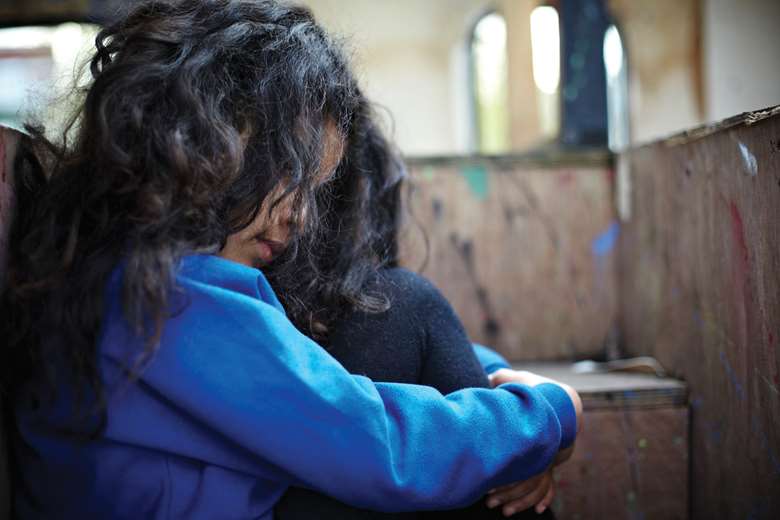Fewer than two per cent of new FGM cases involve children
Joe Lepper
Wednesday, May 6, 2015
Only 60 child victims of female genital mutilation (FGM) have been identified by authorities out of thousands of new cases since last September, prompting fears parents are adopting new tactics to evade detection.

Statistics collated by the Health and Social Care Information Centre (HSCIC) show that since FGM data started being collected from NHS trusts in September last year, a total of 3,963 new cases have been identified.
But of these just 60 of those identified have been under 18, which equates to 1.51 per cent of the total.
John Cameron, head of child protection at the NSPCC, said there is emerging anecdotal evidence that families intent on their children undergoing the procedure are having it carried out on them at younger ages.
“What I’m hearing is that children aged between five and six are being cut as opposed to 12 to 14.
“For five- to six-year-olds it’s very difficult to speak up so it makes it harder to identify,” he said.
He added that it was important that teachers, including those at primary school, and other children's professionals “keep an eye out for changing behaviour”.
“Typical changes could be a child has a period of absence, they have gone abroad and return complaining of tummy pains and can’t participate in PE,” he said.
“But it is a challenge. You then need to have a conversation with that child who may say they went on holiday and were ill.
"That will present professionals with a challenge. Is that enough to go to children’s services with a concern?”
Louise Robertson, spokeswoman for the charity 28 Too Many, which campaigns in support of victims, said most cases of FGM that come to the attention of medical professionals occur when patients seek help for other reasons, such as pregnancy and childbirth.
“That is why there are few children presenting themselves and also because FGM is kept secret among communities,” she said.
Robertson added that another factor is a lack of training among health professionals around FGM, in particular in identifying young victims.
“Training has been missing and is only just being tackled,” she said.
“You can still meet nurses and doctors now who do not know what FGM is.”
However, 28 Too Many is optimistic the proportion of detected cases involving children will increase in future statistical releases as mandatory reporting legislation, brought in through the Serious Crime Act 2015, takes effect.
This places a duty on healthcare professionals, teachers and social workers to report to police known cases of FGM carried out among girls under the age of 18.
“It is hard to detect among children but not impossible and the introduction of mandatory reporting is important to that,” she added.
Figures on identified cases of FGM are published monthly by HSCIC.
The latest figures for March 2015, gathered from 145 health trusts across England, show that there were 578 newly identified cases and 3,164 active cases of women who were still being treated for FGM-related conditions.
Research published last year by campaign group Equality Now estimated that as many as 137,000 women and girls have been affected by FGM in England and Wales.
Mary Wandia, FGM programme manager at campaign group Equality Now said: “The HSCIC figures are likely to increase significantly from here as more women and girls access health services.
"The reason the number of under 18 girls who make up the HSCIC figures is much lower than that for women is because instances are reported only when a girl or woman accesses health care.
"In general, under-18s are far less likely to do so, but over time, we will get more complete statistics.”
She called for “effective mandatory training of those professionals who come in contact with girls at risk”.
She added: “We also urgently need more emotional and psychological support for FGM survivors.
“We have already made huge strides forward in the UK, but we need to keep fighting to ensure that the law is fully implemented and that every single girl is protected.”




